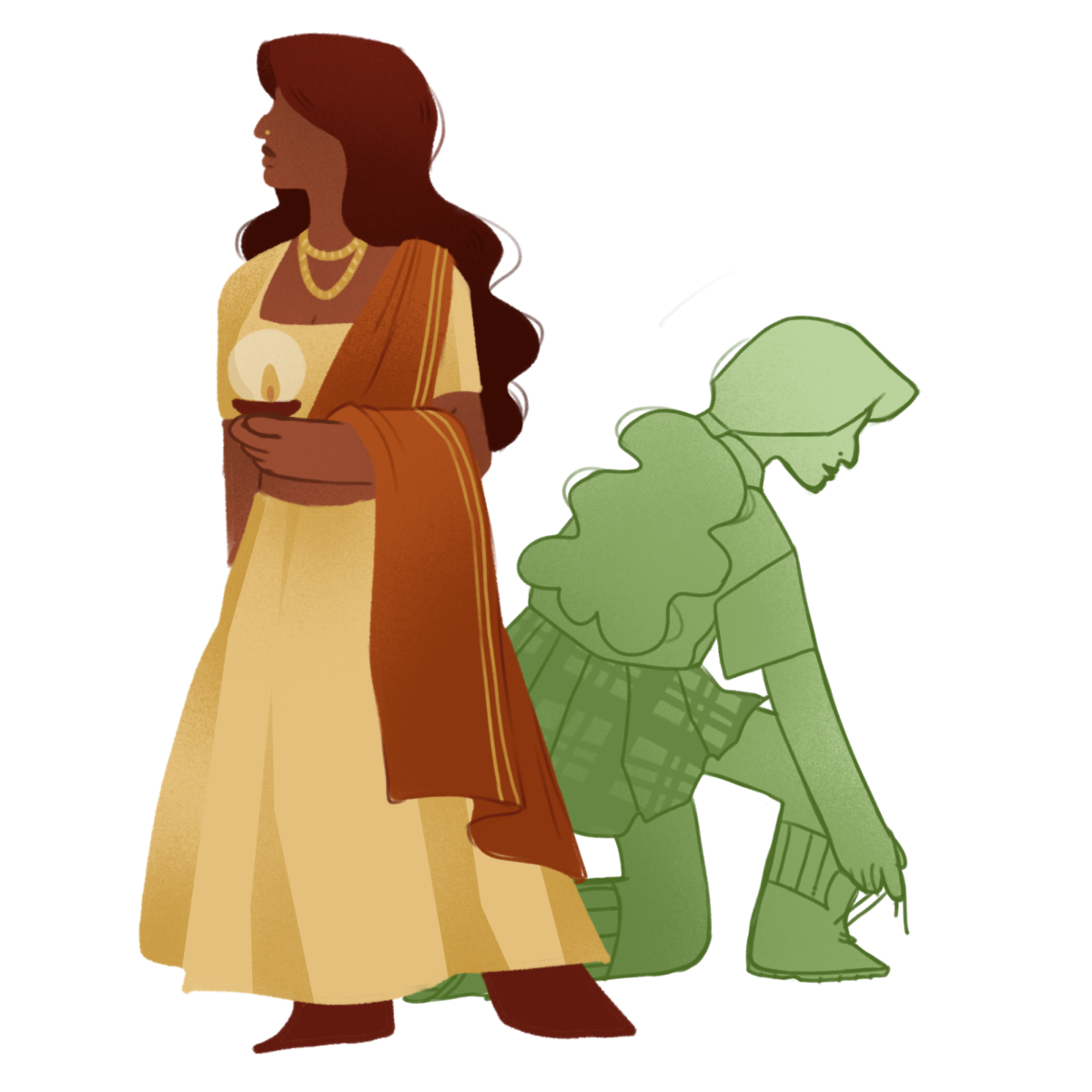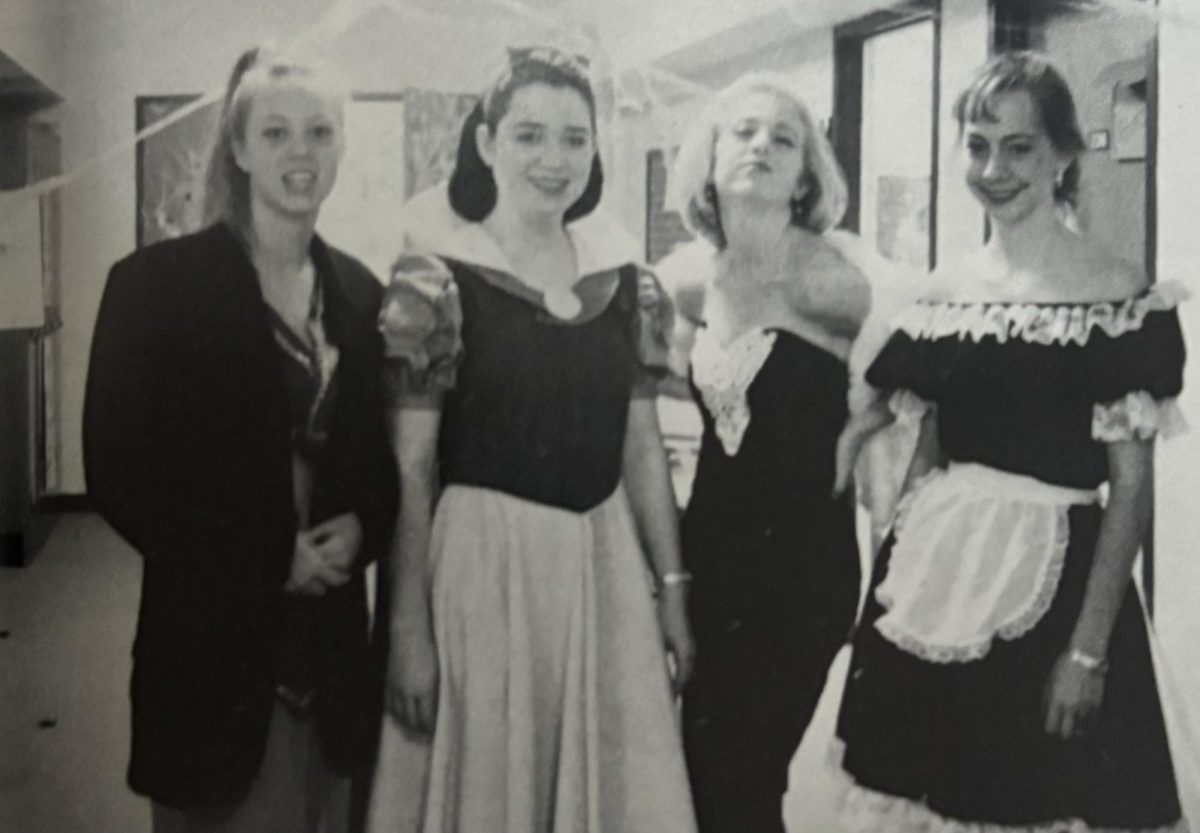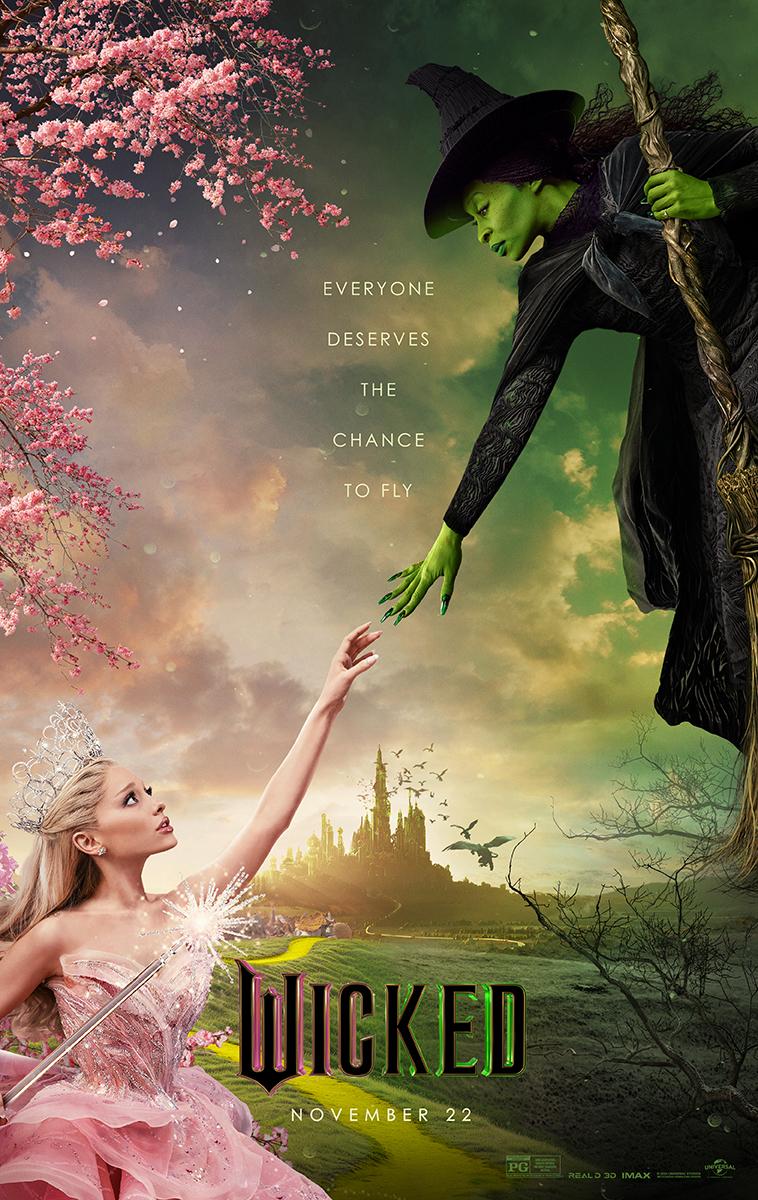Parents check movie ratings for language, violence and sexual content before watching films with their children. While offensive language and gratuitous sex can be deleterious for society, what about sexist ideals that movies often portray? Before watching movies, we don’t think twice that they could potentially offensively derogate women.
Sweden’s state-funded Swedish Film Institute has begun to implement a system through which it can rate how women are portrayed in films. The Bechdel test identifies if a conversation takes place in a movie between two females about something other than a man. If at least one of these conversations occurs, the movie receives an A. While this may seem an easy enough test for most movies to pass, many popular movies you’d expect to pass do not. In fact, the list of movies that have failed the test includes blockbusters like “Avatar,” “The Social Network” and seven of the eight “Harry Potter” movies.
While the test was invented in 1985, only recently is it being implemented in Sweden. Some proclaim the Bechdel test has taken feminism to an extreme. If the movie is a romantic comedy, they argue that the conversations between females would naturally surround men.
But the film industry instills the idea in society’s minds that two females have nothing better to talk about than a man or love. I mean, what more is there to a woman’s life than finding true love, right? Young women and even men grow up with the notion that they are at their happiest state when they are in love.
Movies that fail this test aren’t necessarily all about a girl losing her heart to a guy. But what Hollywood does is tell society that in order for serious business to be conducted, there must be at least one man present. A woman in a position of power in a movie is usually surrounded by male colleagues and only means business when talking to men, not other women. Women are there for her to talk about her love life or other men conducting business. USA Network’s show Suits is a prime example.
Media has the biggest influence on our lives. We may go to school and learn about sexism and tell ourselves we aren’t sexist, but the media portrays sexism in such a subtle way that we internalize the messages we receive until our thoughts and actions become subconscious. Sexist ideas are more dangerous to society than the act of sex itself. Sexist ideas are what promote the malintent behind sex: female objectification or rape, for example. And when ideas as such are presented in movies, they send society a signal that such behavior though illegal, is socially acceptable.
While the Bechdel test is a good start to begin evaluating movies and the prejudices they can instill in society, an A rating doesn’t mean a movie is clear of all sexism. It needs to go farther. Compare the number of times men applaud each other for sleeping around versus the number of times women derogatorily call each other sluts . Count how many times a woman is happy in a movie for a reason other than a man or love.
Because what movies project often translate into real conversations and reality. We as a society look to Hollywood to create the “cool image.” The movie industry should be sending positive messages about sexuality and feminism. Not to say that it already hasn’t. Movies such as The Help, The Hunger Games and Divergent are all good examples of female leads who look to accomplish more than just find the perfect guy. I would give those movies an A+.
– Anisha Anand




